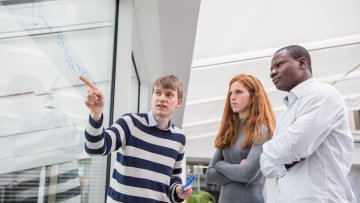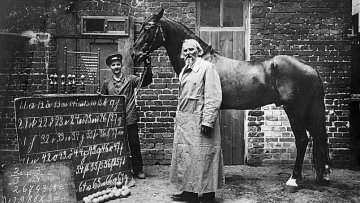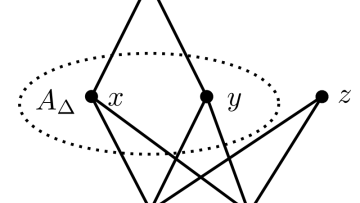16:00
On the Type I blow-up for the incompressible Euler equations
Abstract
In this talk we discuss the Type I blow up and the related problems in the 3D Euler equations. We say a solution $v$ to the Euler equations satisfies Type I condition at possible blow up time $T_*$ if $\lim\sup_{t\nearrow T_*} (T_*-t) \|\nabla v(t)\|_{L^\infty} <+\infty$. The scenario of Type I blow up is a natural generalization of the self-similar(or discretely self-similar) blow up. We present some recent progresses of our study regarding this. We first localize previous result that ``small Type I blow up'' is absent. After that we show that the atomic concentration of energy is excluded under the Type I condition. This result, in particular, solves the problem of removing discretely self-similar blow up in the energy conserving scale, since one point energy concentration is necessarily accompanied with such blow up. We also localize the Beale-Kato-Majda type blow up criterion. Using similar local blow up criterion for the 2D Boussinesq equations, we can show that Type I and some of Type II blow up in a region off the axis can be excluded in the axisymmetric Euler equations. These are joint works with J. Wolf.




